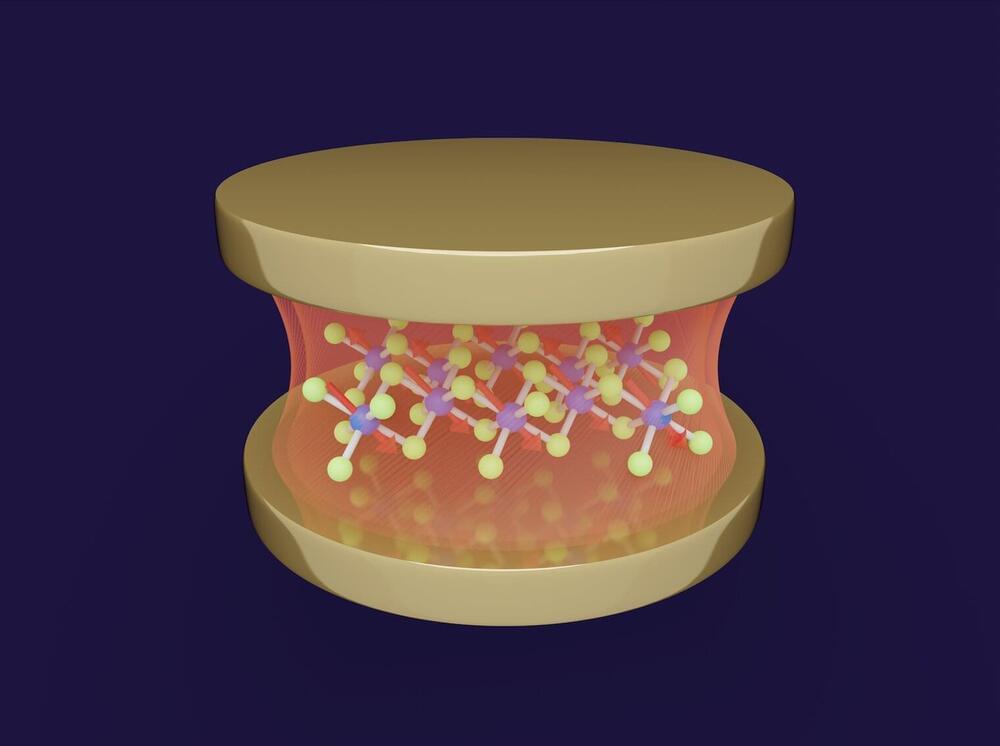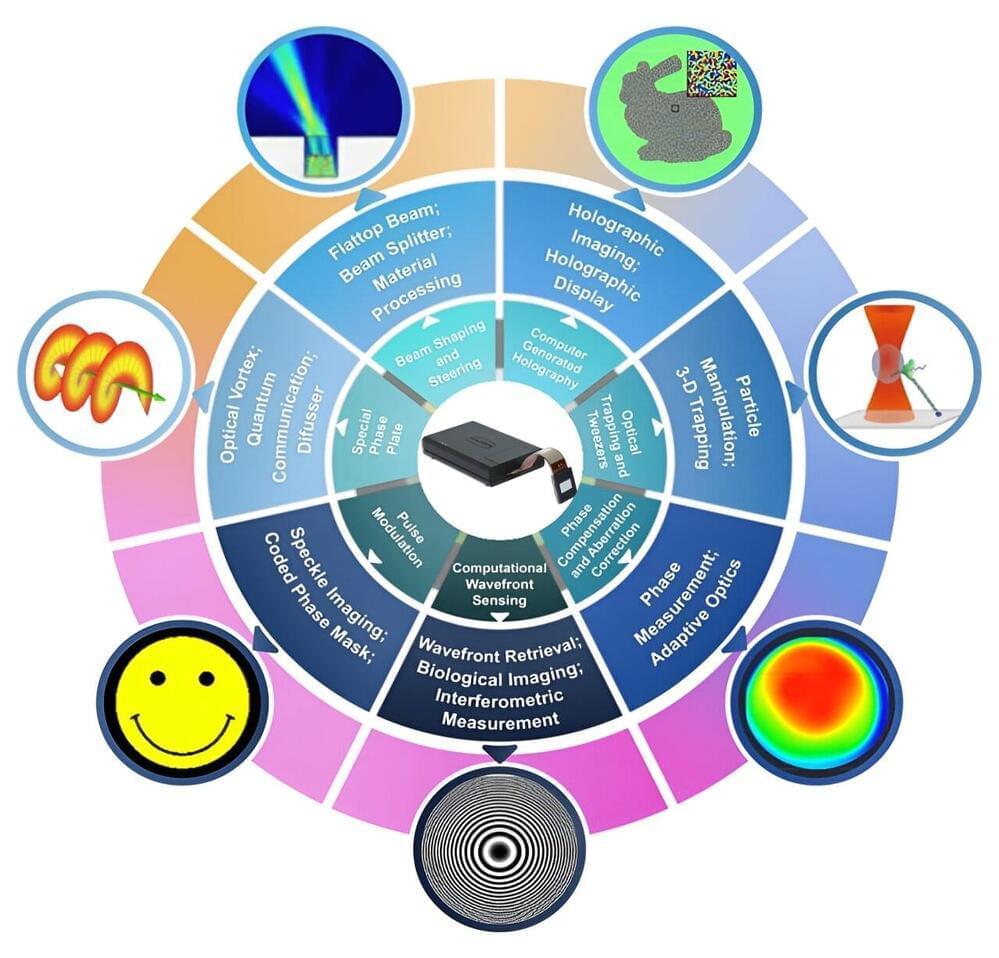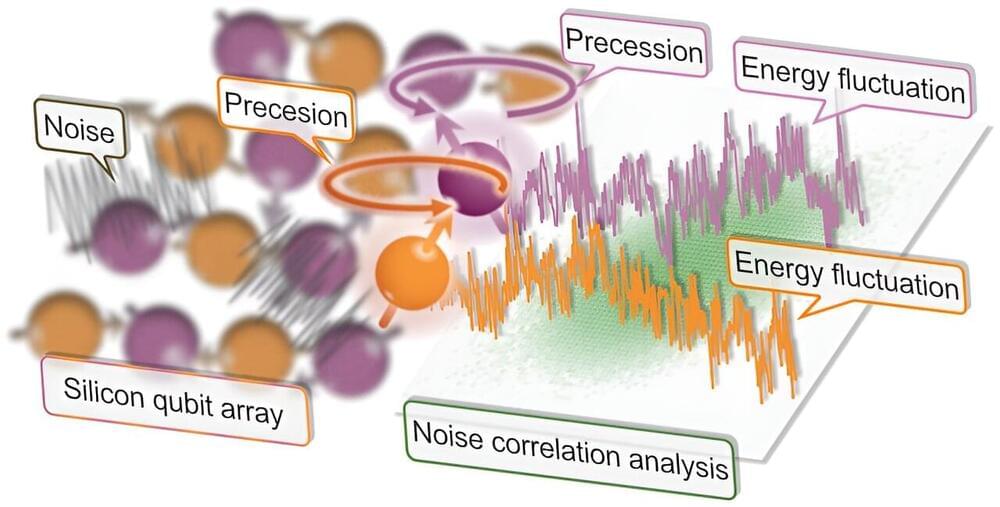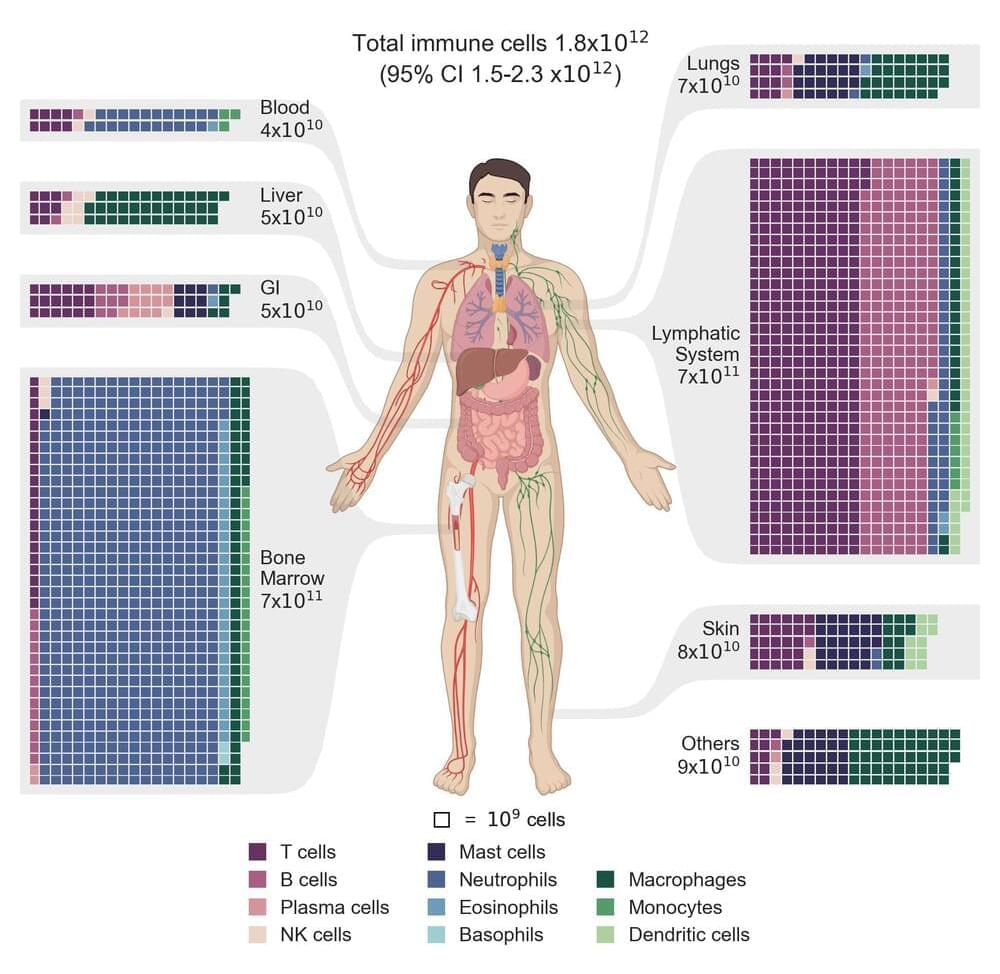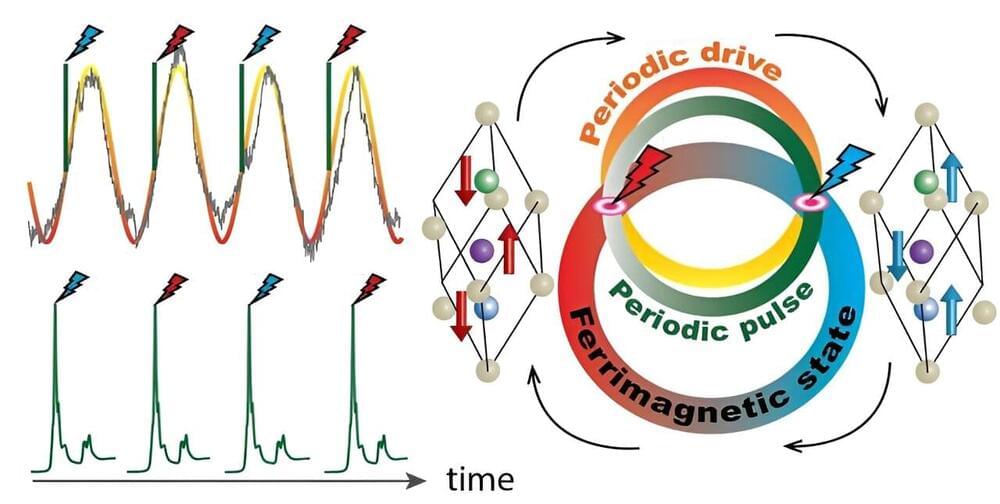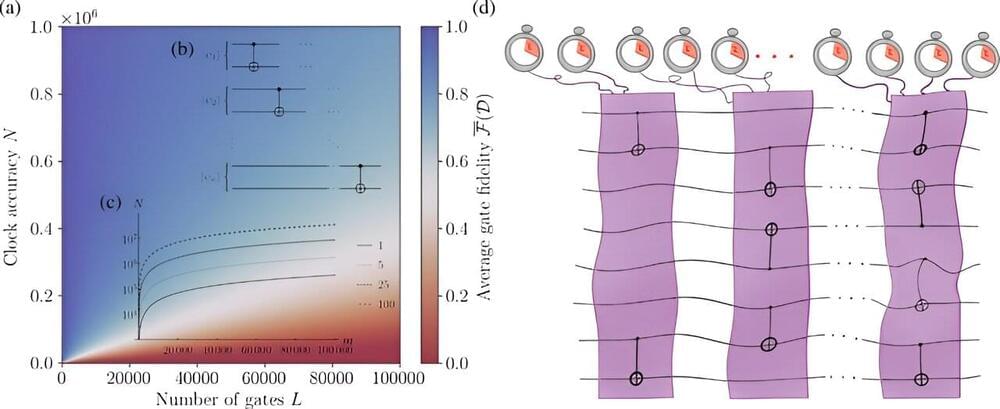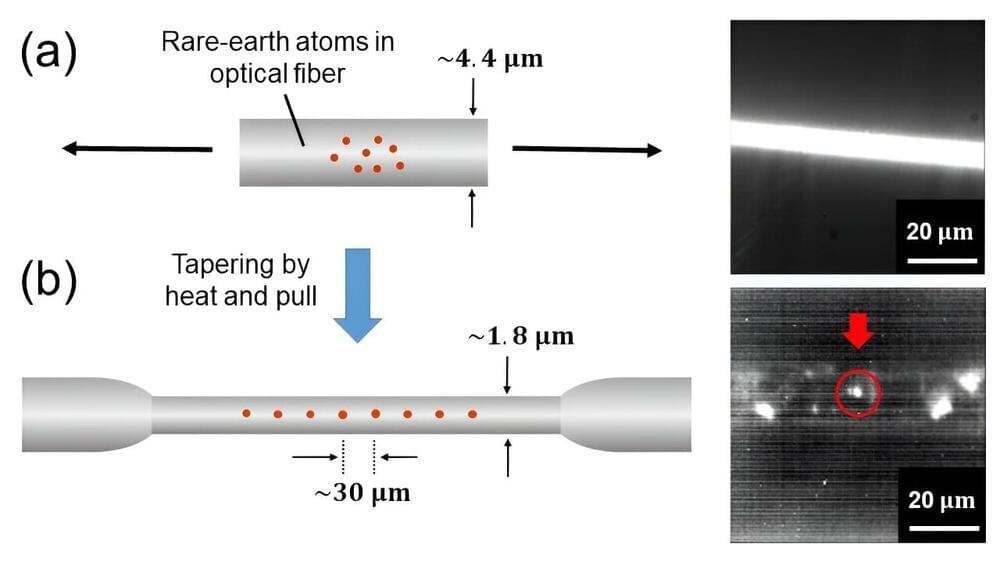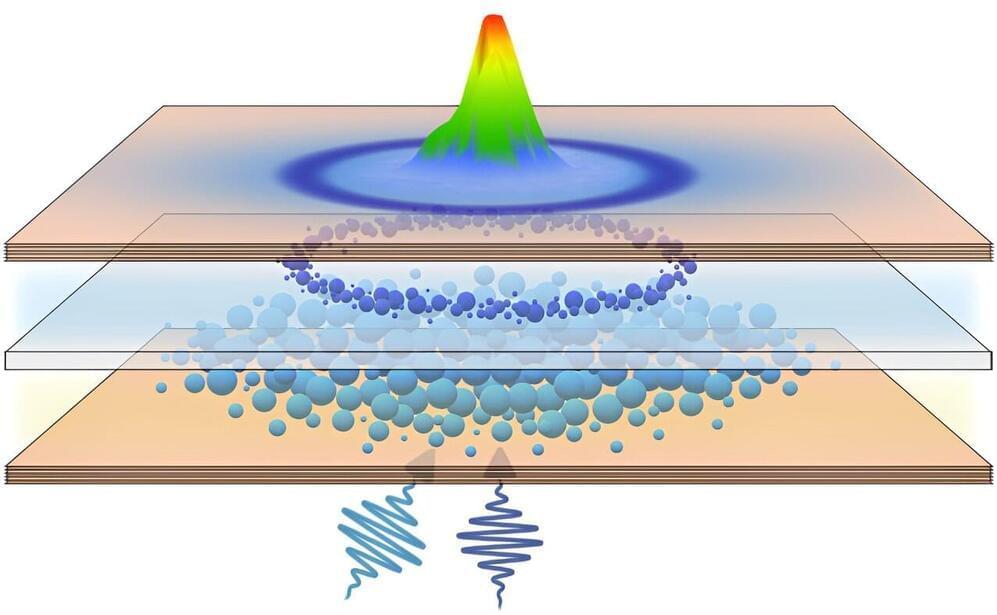Researchers in Germany and the U.S. have produced the first theoretical demonstration that the magnetic state of an atomically thin material, α-RuCl3, can be controlled solely by placing it into an optical cavity. Crucially, the cavity vacuum fluctuations alone are sufficient to change the material’s magnetic order from a zigzag antiferromagnet into a ferromagnet. The team’s work has been published in npj Computational Materials.
A recent theme in material physics research has been the use of intense laser light to modify the properties of magnetic materials. By carefully engineering the laser light’s properties, researchers have been able to drastically modify the electrical conductivity and optical properties of different materials.
However, this requires continuous stimulation by high-intensity lasers and is associated with some practical problems, mainly that it is difficult to stop the material from heating up. Researchers are therefore looking for ways to gain similar control over materials using light, but without employing intense lasers.
